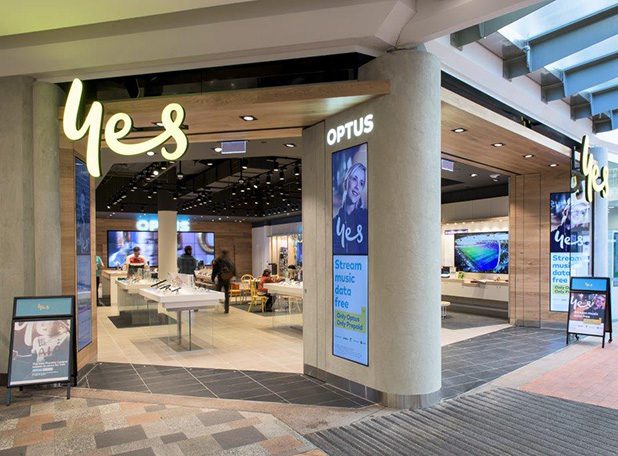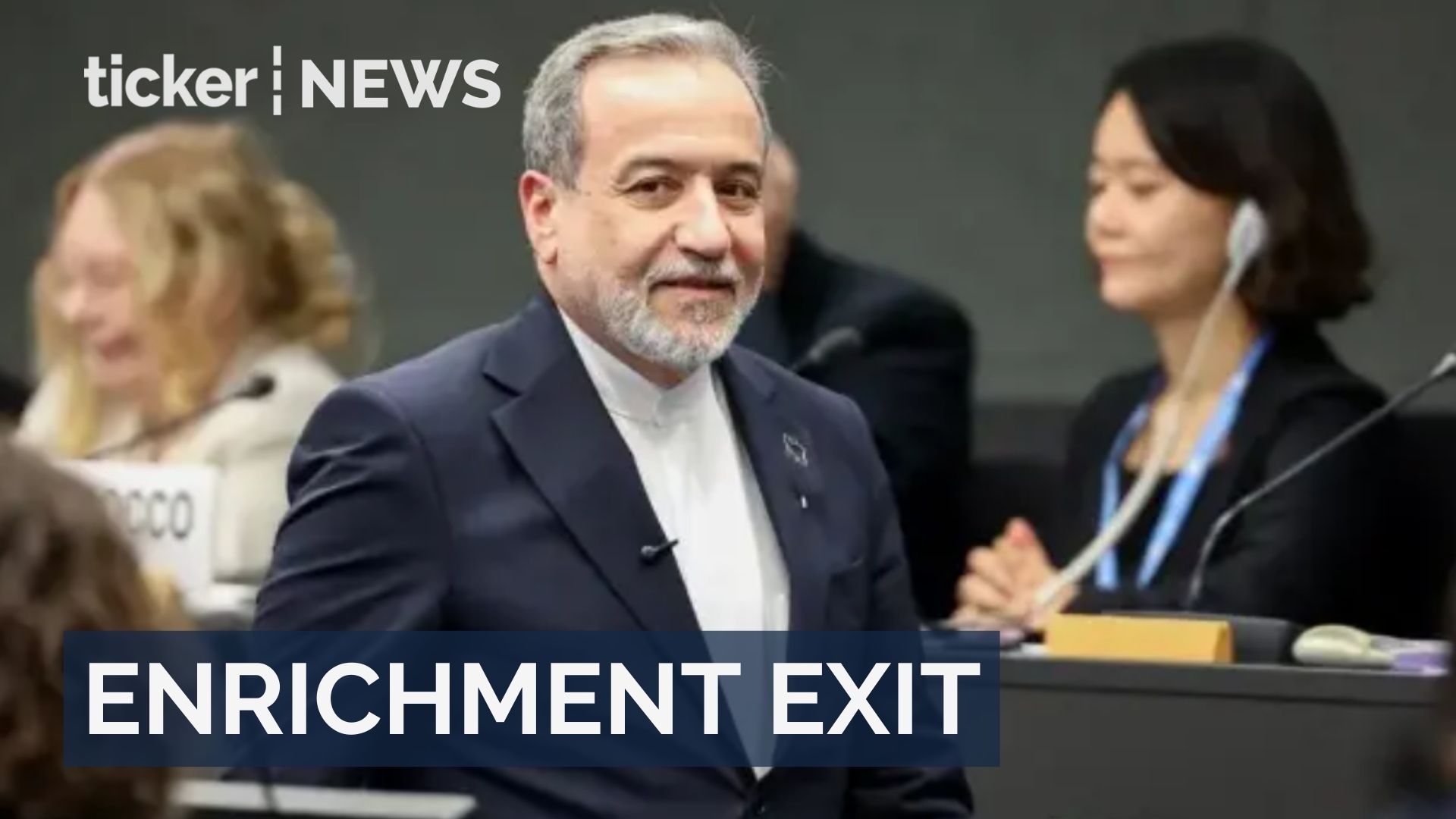News
Massive outage hits Optus services, millions affected

News
Man shot dead after breaching security at Mar a Lago
Man in 20s dies after breaching Mar-a-Lago, armed; Secret Service opened fire, citing no immediate danger inside.
News
Iran signals nuclear concessions as U.S. talks intensify
Iran may concede on its nuclear program for US recognition and sanctions relief, considering uranium exports and oil sector investments.
News
UK police seek former aides’ insights on Prince Andrew
UK police contact ex-protection officers of Prince Andrew amid misconduct investigation linked to Jeffrey Epstein allegations
-



 Tech4 days ago
Tech4 days agoSam Altman predicts superintelligence could appear by 2028
-



 News4 days ago
News4 days agoAndrew Mountbatten-Windsor released after 12-hour questioning
-



 News5 days ago
News5 days agoUkraine Russia peace talks stall with no breakthrough
-



 Money4 days ago
Money4 days agoOil hits seven-month high, and gold surpasses $5,000 amid US-Iran tensions
-



 Tech5 days ago
Tech5 days agoZuckerberg testifies on social media addiction and child safety
-



 Ticker Views4 days ago
Ticker Views4 days agoPrince Andrew arrested: What it means for the Royal Family
-



 News4 days ago
News4 days agoBill Gates withdraws from India AI Impact Summit before keynote
-



 Money5 days ago
Money5 days agoAustralia jobs, market trends, and tariff ruling: What investors need to know









